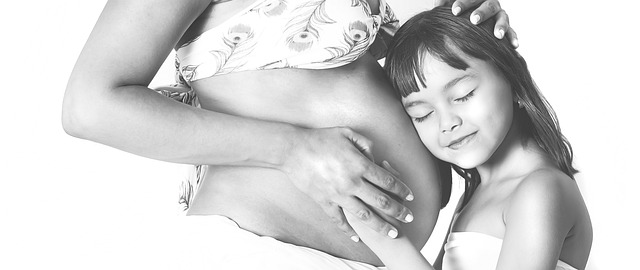In a recent discussion, Dr. Emily Carter from our local fertility clinic shared valuable insights on essential topics to consider ahead of starting a family. Inspired by her conversation with a popular lifestyle site, we thought it would be helpful to delve deeper into what couples should discuss before embarking on their pregnancy journey.
Craft a Plan Before Trying to Conceive
Many couples only discuss fertility when challenges arise, but it’s wise to have a preliminary plan in place. The emotional and financial stakes are high, making it easier to tackle these conversations when you’re not under stress. If you have existing conditions like endometriosis or a family history of fertility issues, it’s beneficial to consult your healthcare provider sooner rather than later.
Understanding the Biological Clock
Dr. Carter emphasizes that while there may never be an ideal time to start a family, it’s crucial to have open conversations with your partner about timing. Since a woman’s age significantly affects fertility, she recommends women under 35 consult a specialist after one year of trying, those between 35 and 39 after six months, and women over 40 should seek assistance after three months. If there are any past gynecological issues, earlier intervention is advisable.
The Importance of Research
If starting a family isn’t on the immediate horizon, consider options like egg freezing to preserve your fertility. This allows for flexible family planning later on. Couples often explore embryo freezing when egg quality is still high. It’s essential to research success rates, financial aspects, and the experience of the fertility clinic.
Avoiding the Blame Game
Infertility is a shared concern; it’s not solely a “woman’s issue” or a “man’s issue.” In fact, 40% of infertility cases stem from female factors, another 40% from male factors, and the remaining 20% from unknown causes. Both partners should undergo fertility evaluations early in the process to identify any barriers to conception.
Considering Donor Options
Various circumstances may lead couples to consider donor eggs or sperm. For example, couples facing severe male factor infertility or same-sex couples may need to explore sperm donation. Whether using known or anonymous donors, intrauterine insemination (IUI) is a common route. Donor egg treatments are also sought by couples where the woman can’t use her own eggs due to health issues but can still carry a pregnancy.
For more information on donor egg success rates, check out this useful resource.
Conclusion
If you and your partner are contemplating family planning or egg freezing, it’s essential to seek guidance from a fertility specialist. Our team is dedicated to providing the support you need as you embark on this significant journey. For additional insights, you can refer to this excellent resource on pregnancy and conception.
For more tips, you might enjoy our thoughtful holiday gift guide for kids of all ages.

